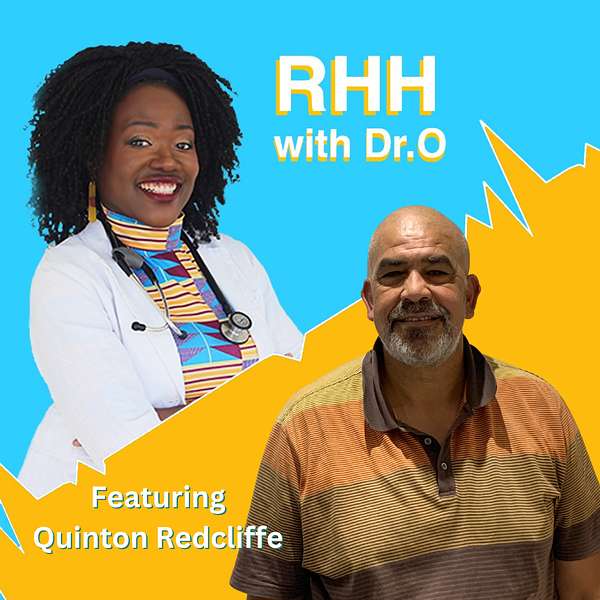
Race, Health & Happiness
Navigating professional life as a "racialized" person can be exhausting. Join Dr. O, a Public Health Physician Specialist in Toronto, as she interviews guests who are overcoming the obstacles of overt and institutionalized racism to achieve their professional goals while creating healthy and fulfilling lives. If you'd like to learn about thriving in the face of adversity while staying well, this is the podcast for you.
Race, Health & Happiness
S04E07 - Quinton Redcliffe discusses his role in the struggle against Apartheid, how South Africans are working to dismantle institutionalized racism, and the impact of George Floyd on anti-racism work in Africa and worldwide
This episode of RHH is our third of a 3-part series on South Africa. I speak with Quinton Redcliffe, a skilled facilitator, trainer, and educator from Cape Town, South Africa. He specializes in international education, intercultural communication and leadership training. He has dedicated his career to working to find common ground among diverse populations, from his days working to topple the apartheid regime in the South Africa of his youth, to helping people deal with and overcome the legacy of institutionalized racism in his country and all over the world. More recently Quinton has had the opportunity to expand his anti-racism work even further, following the murder of George Floyd at the hands of police in the United States. From that tragedy the demand for racial reconciliation grew, and Quinton has worked hard to fill that gap through his work.
In our conversation, Quinton talks about the explicit ways South Africa institutionalized racism. He highlights how apartheid dictated a person’s fate from the cradle to the grave — where one was born, where they were allowed to live, and even where they were buried were all influenced by race with all of this exclusion being written into law.
We also talk about the ways that the study of the system of apartheid can be used to learn how best to implement systems of resistance that include allyship, conflict resolution and knowledge exchange.
Quinton’s personal journey of resistance can help us to understand how to combat systems of oppression, both past and present
- Dr. O.
Access our Shownotes to uncover additional meaning!
(https://bit.ly/rhhcarolinepeters6)
Please support us on Patreon at http://www.Patreon.com/RaceHealthHappy
[The “Race, Health & Happiness” podcast is produced with the support of Toronto Metropolitan University.]